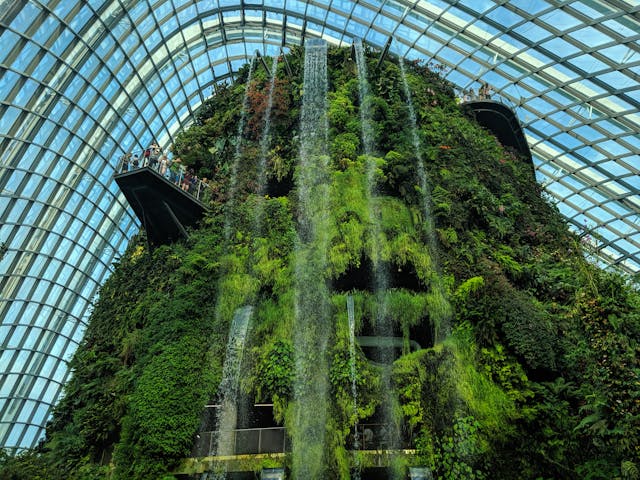Urban Ecology: Finding Nature in the City
As cities continue to grow, the importance of urban ecology — the study and preservation of natural systems in urban areas — becomes increasingly clear. Integrating nature into city life improves environmental quality, supports biodiversity, and enhances human well-being.

What Is Urban Ecology?
Urban ecology examines the relationship between humans and their urban environment:
- Green spaces: Parks, gardens, and green rooftops provide habitats and recreational areas.
- Wildlife in cities: Birds, insects, and small mammals adapt to urban environments, contributing to biodiversity.
- Ecosystem services: Trees and plants improve air quality, reduce heat, and manage stormwater.
Understanding these systems helps cities balance development with ecological health.
Benefits of Urban Nature
Nature in cities provides physical, mental, and environmental benefits:
- Health and well-being: Access to green spaces reduces stress, encourages physical activity, and improves mood.
- Environmental resilience: Urban vegetation mitigates air pollution, absorbs carbon, and lowers temperatures in heat-prone areas.
- Community engagement: Community gardens and parks foster social interaction and civic pride.
- Education opportunities: Urban ecosystems offer spaces for environmental learning and awareness.
Even small green spaces can make a meaningful difference in city life.
Strategies for Integrating Nature
Cities are finding innovative ways to bring nature into urban areas:
- Rooftop gardens and green walls: Utilizing unused spaces to grow plants and support biodiversity.
- Urban wetlands and ponds: Managing stormwater while providing habitats for wildlife.
- Tree planting programs: Increasing canopy coverage to improve air quality and shade public spaces.
- Pollinator corridors: Creating pathways of flowers and plants to support bees, butterflies, and other pollinators.
These strategies make urban environments more sustainable and livable.
Challenges in Urban Ecology
Despite the benefits, integrating nature into cities faces obstacles:
- Space constraints: Limited land availability can make green infrastructure challenging.
- Pollution and climate stress: Air pollution, heat, and human activity affect urban ecosystems.
- Maintenance and funding: Green spaces require ongoing care, investment, and community support.
- Balancing development and conservation: Urban growth often competes with ecological preservation.
Addressing these challenges requires thoughtful planning and community involvement.
How Residents Can Engage
Citizens play an important role in urban ecology:
- Participate in community gardens or tree-planting programs.
- Support local parks and green initiatives through volunteering or advocacy.
- Incorporate nature at home: Balcony gardens, potted plants, or bird feeders enhance local biodiversity.
- Educate others: Raising awareness about urban ecosystems promotes collective responsibility.
Small actions by individuals can collectively transform urban spaces.

Final Thoughts
Urban ecology shows that nature and city life can coexist. By valuing green spaces, supporting biodiversity, and engaging communities, cities can become healthier, more resilient, and more enjoyable for everyone.
In 2025, finding and nurturing nature in urban environments is essential — for the planet, for communities, and for the well-being of city dwellers.












